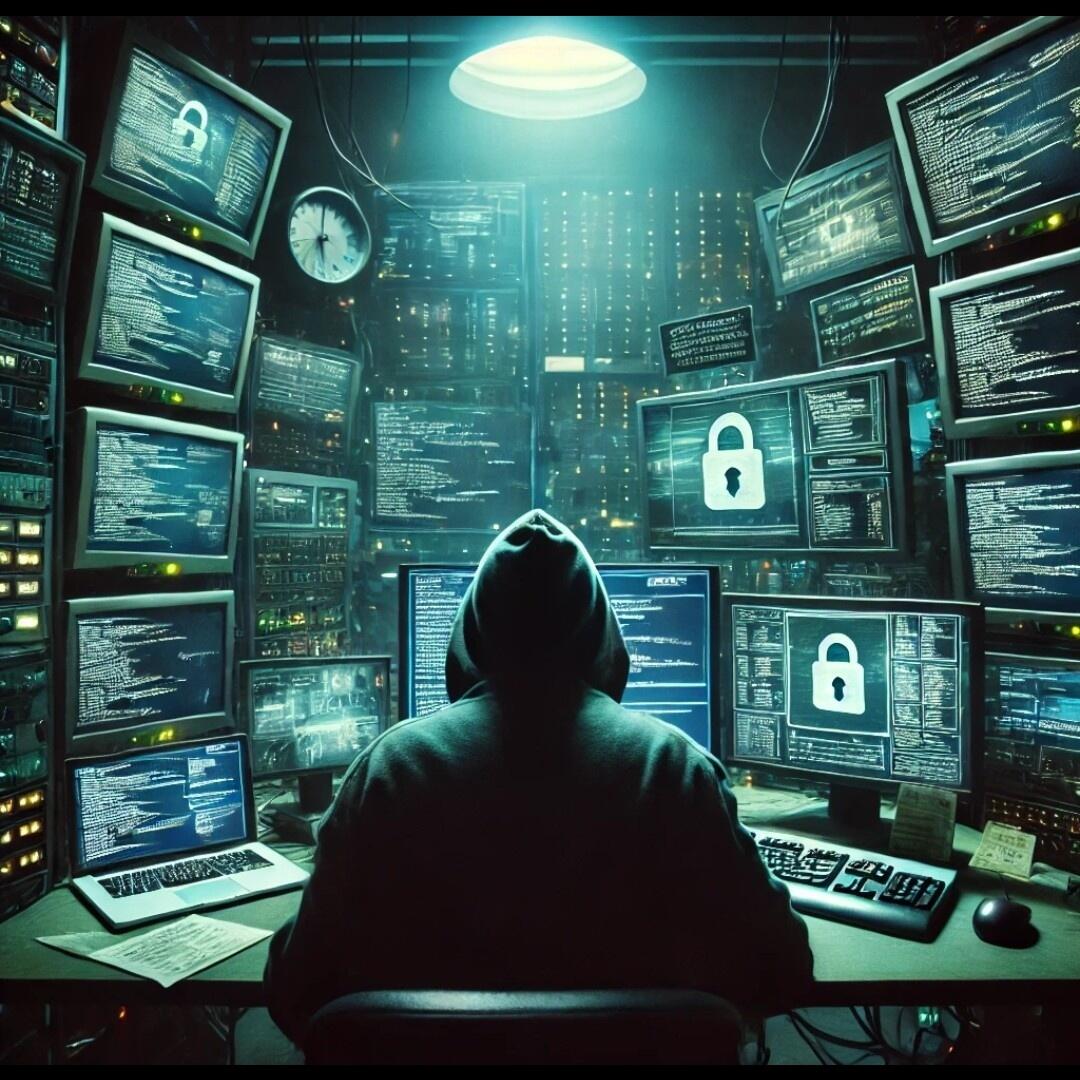-
 @ 547oshinakamo70
2025-01-08 00:40:40
@ 547oshinakamo70
2025-01-08 00:40:40There are cases where hackers have deliberately left clues, either as a game, to challenge authorities, or even inspired by movies. While not always directly related to films, hackers often draw ideas from popular culture, including cinematography, and incorporate them into their activities. Here are some examples or related situations:
Kevin Mitnick and "WarGames" (1983) Kevin Mitnick, one of the most famous hackers, didn’t leave movie-based clues, but his notoriety was tied to how the media portrayed hacking during his time, especially through the film WarGames. Mitnick was inspired by the social engineering concepts depicted in movies and entertainment.
The "LulzSec" Group and Cinematic Humor LulzSec, a hacker group known for its attacks in 2011, left clues and messages filled with humor, similar to the tone of movies like Hackers (1995). They used cultural references to mock authorities and victims, though not necessarily as direct clues.
Ciphers and Zodiac-Style Games Some hackers, like those responsible for the 2014 Sony data breach, left encrypted messages and cultural references reminiscent of thrillers like Se7en or The Matrix. This style mirrors the kind of clues a movie villain might leave to taunt authorities.
Hackers and Movie Quotes In some cases, hackers have left messages based on famous movie dialogues:
In the WannaCry ransomware attack, hackers left notes referencing The Matrix, implying that victims were trapped in a system of their own creation.
In attacks associated with Anonymous, quotes from V for Vendetta—a movie that inspires their iconography—have been used.
Why Do They Do It?
The relationship between hackers and movies is often symbolic:
To Build an Identity: Adopting a "movie-like" image makes them appear more sophisticated.
To Confuse Authorities: Using movie-inspired clues can divert attention or complicate investigations.
For Fun or Challenge: It’s often a game to see if authorities can decode the references.